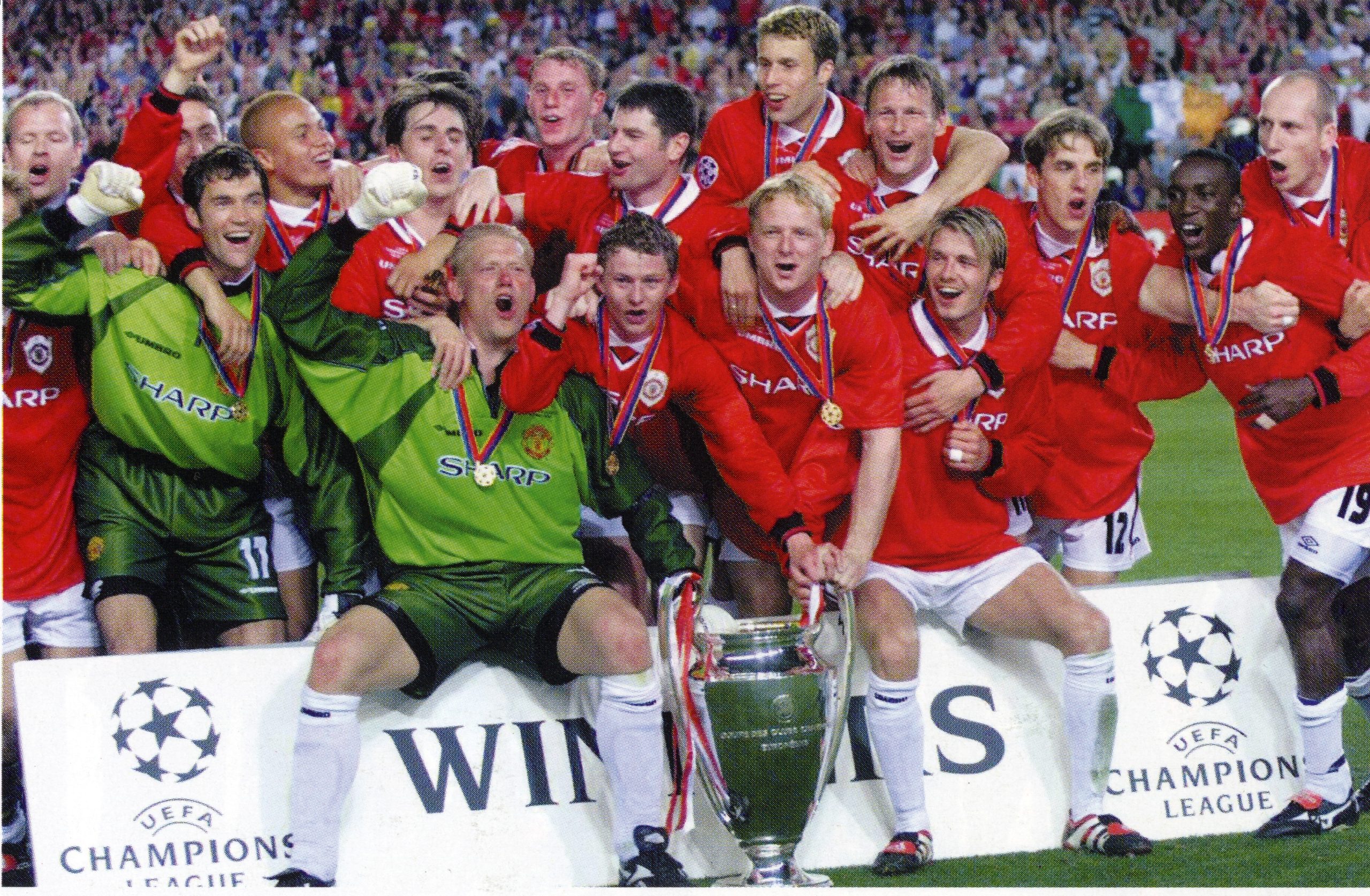One of the most iconic moments in sports history occurred during the 1999 UEFA Champions League Final, when Manchester United stunned the world with a dramatic comeback against Bayern Munich. Played at Camp Nou in Barcelona, the match was tense from the start, with Bayern taking an early lead in the sixth minute. For nearly 85 minutes, Manchester United struggled to equalize, as Bayern dominated possession and struck the post twice. Yet, in the final moments, United’s resilience, strategy, and belief turned the tide, cementing their place in football history.
What made this match legendary was not just the victory, but the manner in which it unfolded. In stoppage time, Teddy Sheringham and Ole Gunnar Solskjær scored two goals in under two minutes, flipping a 0–1 deficit into a 2–1 win. The psychological strength, bench depth, and tactical decisions by manager Sir Alex Ferguson played a pivotal role. This performance demonstrated the value of mental fortitude, strategic substitutions, and sheer willpower under pressure—elements that define great teams in historical performance analysis.
The 1999 final is now studied in coaching and leadership seminars for its lessons on momentum shifts and belief in the impossible. Manchester United’s victory not only completed their treble-winning season but also reshaped expectations in elite football. It remains a prime example of how historical sports performances transcend the game itself, inspiring generations with a singular message: it’s not over until the final whistle.

